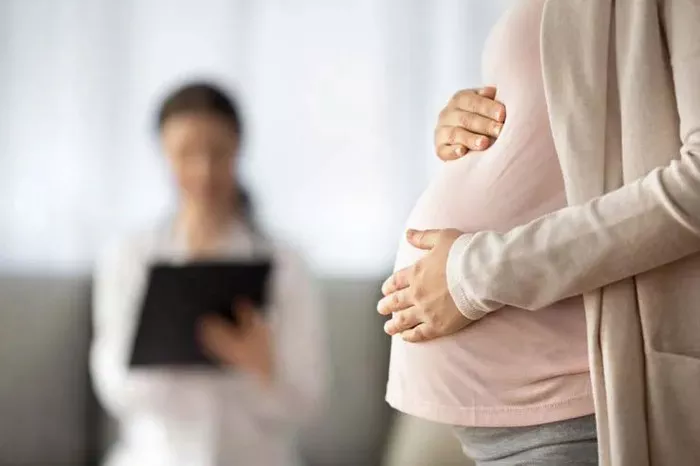Fertility, the ability to conceive a child, is a topic of paramount importance for many individuals and couples. Understanding how fertility changes with age is crucial for informed family planning decisions. Generally, fertility is at its peak in the late teens to late 20s, gradually declining thereafter. By age 30, the decline becomes more noticeable, with significant decreases in fertility rates beyond the age of 35.
Statistical Data
Statistical data provides concrete insights into the decline of fertility rates with advancing age. For instance, the chances of conceiving within a year before the age of 30 are approximately 85%. However, this figure decreases to 75% at age 30 and further drops to 66% by age 35. These numbers underscore the impact age has on fertility and the importance of timely family planning decisions.
Biological Reasons for Decline
The decline in fertility with age can be attributed to various biological factors. One significant factor is the decrease in both egg quantity and quality as individuals age. Women are born with a finite number of eggs, and this reserve diminishes over time. Additionally, the quality of eggs tends to decline with age, increasing the likelihood of chromosomal abnormalities and infertility issues.
Impact of Age on Pregnancy
Age not only affects the chances of conception but also influences the risks associated with pregnancy. Advanced maternal age is linked to higher rates of miscarriage and an increased risk of birth defects in offspring. This underscores the importance of considering age-related factors when planning for pregnancy and seeking appropriate medical guidance.
Options for Preserving Fertility
For individuals concerned about declining fertility, options for preserving fertility exist. Egg freezing, a method where eggs are retrieved and stored for future use, has gained popularity in recent years. While success rates vary, especially depending on age at the time of egg retrieval, it offers a proactive approach for those wishing to delay parenthood without compromising future fertility.
Infertility Evaluation
When fertility challenges arise, it’s essential to consider an infertility evaluation. This process typically involves comprehensive assessments, including medical history reviews, physical examinations, and fertility tests for both partners. Consulting with a reproductive endocrinologist or fertility specialist can provide valuable insights into potential causes of infertility and available treatment options.
Health and Lifestyle Factors
Health and lifestyle choices play a significant role in fertility. Factors such as smoking, excessive alcohol consumption, obesity, and poor diet can adversely impact reproductive health. Conversely, maintaining a healthy lifestyle, including regular exercise, a balanced diet, and avoiding harmful habits, can help optimize fertility potential.
Expert Opinions and Advice
Reproductive endocrinologists and fertility experts offer invaluable insights into managing fertility concerns. Their expertise can guide individuals and couples through various options, from fertility preservation to assisted reproductive technologies like in vitro fertilization (IVF). Seeking expert advice early on can facilitate informed decision-making and increase the likelihood of achieving desired fertility outcomes.
Personal Stories
Personal stories and testimonials provide a human perspective on fertility challenges. Many individuals and couples have navigated the complexities of infertility, experiencing both setbacks and successes along the way. Sharing these narratives can offer comfort, solidarity, and hope to those facing similar struggles, reminding them that they are not alone on their fertility journey.
Resources and Support
For individuals grappling with fertility issues, access to resources and support is essential. There are numerous books, websites, and support groups dedicated to fertility education and emotional support. These resources can provide valuable information, coping strategies, and a sense of community for individuals navigating the ups and downs of fertility treatments and family planning decisions.
Conclusion
In conclusion, fertility declines with age, highlighting the importance of proactive family planning and informed decision-making. Understanding the biological factors contributing to age-related fertility decline empowers individuals and couples to explore options for preserving fertility and seeking appropriate medical guidance when needed. By addressing health and lifestyle factors, consulting with experts, and tapping into personal stories and support networks, individuals can navigate fertility challenges with resilience and hope.























